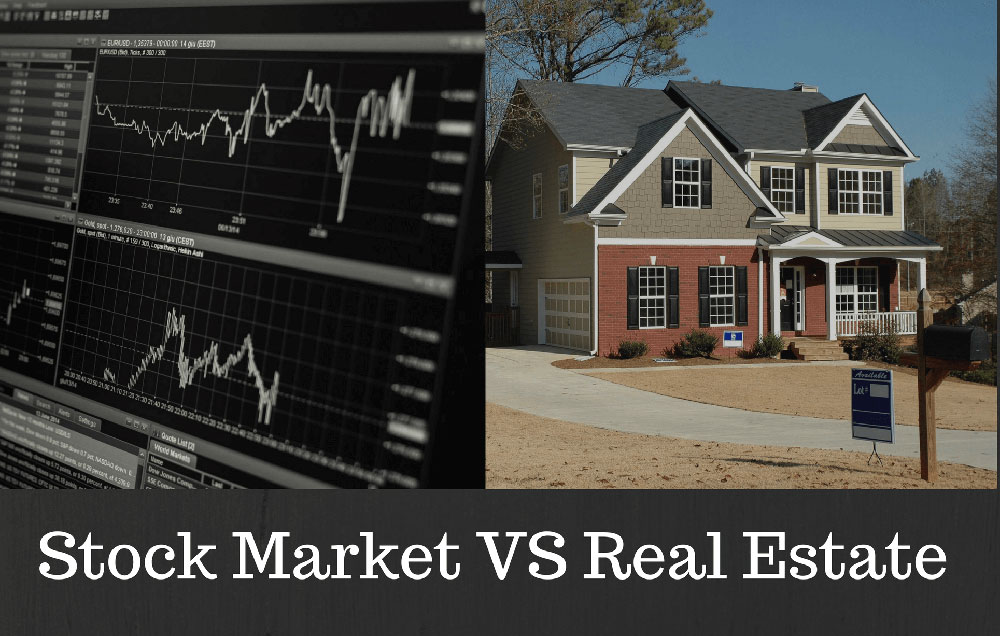
The modern financial world is highly intriguing and equally intimidating. Investors have to make sober and highly informed decisions to avoid running into losses. However, with the right knowledge and great insights, investing can be one of the most lucrative endeavors you can venture in and expect high returns.
One question that many investors always ask themselves before they enter into the investment market is; “which one is a better investment option with high ROI?” Is it investing in property or the stock market?” Although making a final decision can be challenging, real estate investment has proven that it can serve as a viable wealth-building vehicle for many investors. If you are still in a dilemma, read about these advantages of investing in property vs. stock market.
Control Over Your Investment
One of the most significant reasons why investors should consider buying investment properties is that the moment the deal is settled, the investor has full control over the property. You are free to decide how you want to finance your property and how much you want to spend on maintenance and other related costs. You are also free to decide when to transfer the ownership to your next of kin or when to sell it.
Furthermore, real estate investors, with the help of a real estate broker, have access to various types of investment properties and you can always check the property to ensure that its suitable for you before you decide whether or not to proceed with the deal. However, stocks and mutual funds aren’t a physical asset that you can see and manage. Technically, investing in stocks denies you a chance of having full control over your investment.
Investors Can Take Depreciation to Reduce their Tax Burden
The second reason why investing in property makes a lot of sense is that you can take the depreciation of the property starting from the first year and doing so will significantly reduce your tax burden over time since the CRA treats investment properties as depreciating assets. However, stocks and mutual funds can’t depreciate d but can only be moved into a tax-deferred account.
Hedge Against Inflation
Investing in real estate also offers you some form of protection against inflation since cash flow and rental rates tend to keep pace with inflation. This means that the market price for rental prices will rise automatically as the cost of living rises. As a property investor, you will be free to raise the amount of rent you charge as inflation increase and the value of your property will also rise to cover the inflation.
However, mortgage payments aren’t affected by inflation, and thus, they will decrease as inflation increases. Technically, inflation will be on your side when investing in real estate which is the opposite when you invest in the stock market.
Ability to Buy Low and Sell High
Most individuals who invest in the stock market depend on buying low and selling high to generate profit. However, this isn’t always the case in the stock market due to a wide range of external factors. Sometimes, the investor doesn’t know so much about the company which also hinders their ability to buy low and sell high more consistently.
On the other hand, real estate investors have a number of strategies that they can leverage to ensure that they are always buying low and selling high such as the fix-and-flip strategy. Investors who follow this strategy are always on the market acquiring rental property that is available at a low price since it requires renovation or faces foreclosure. The investor then renovates the property and sells at a higher price.


